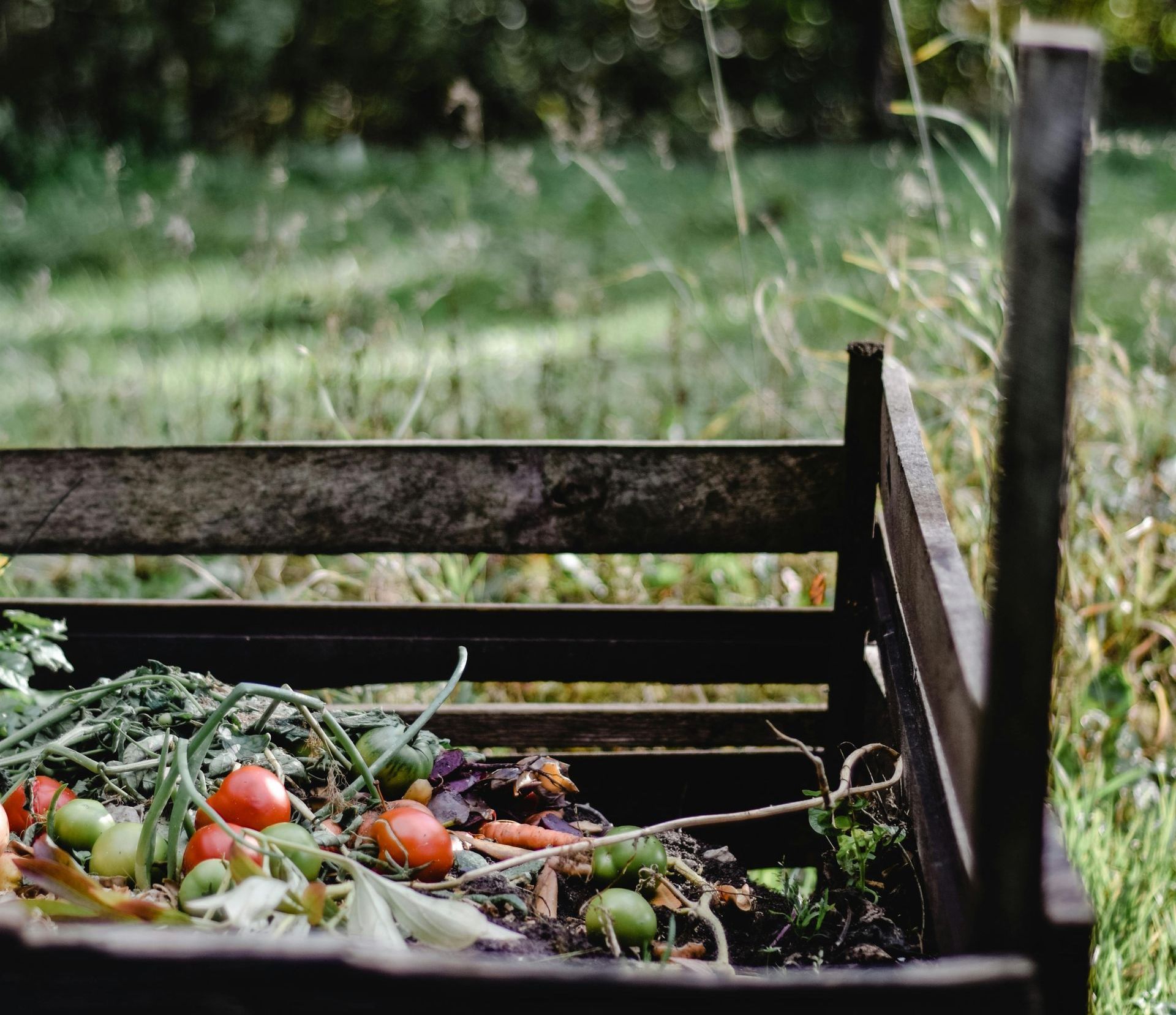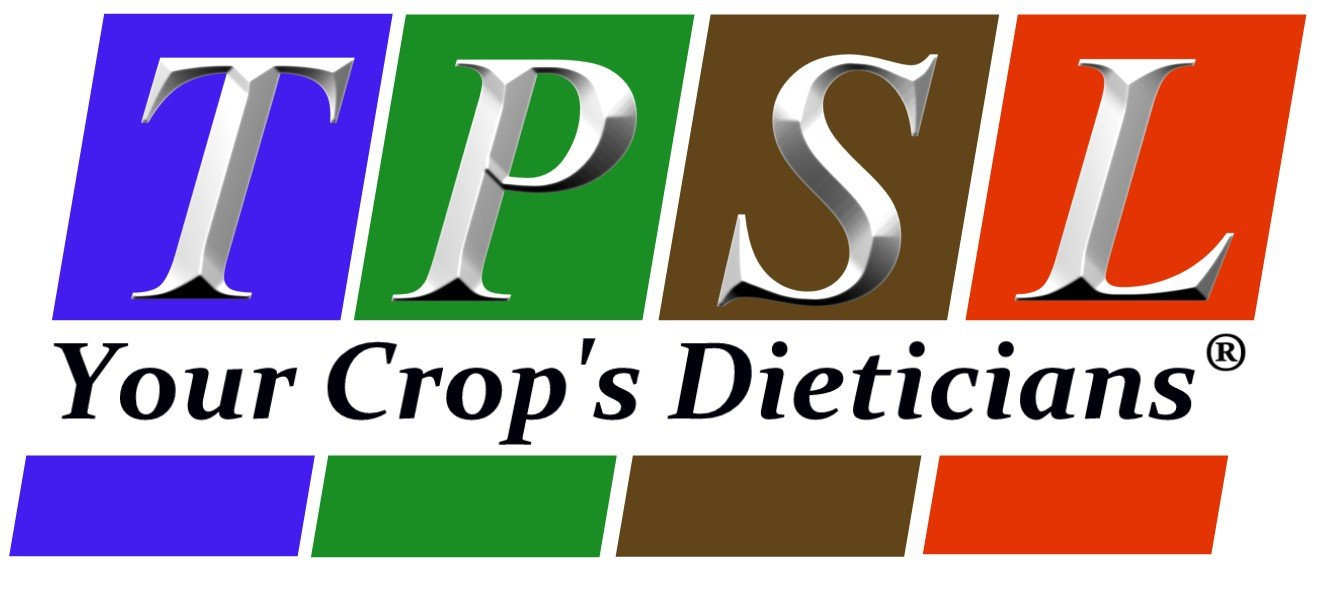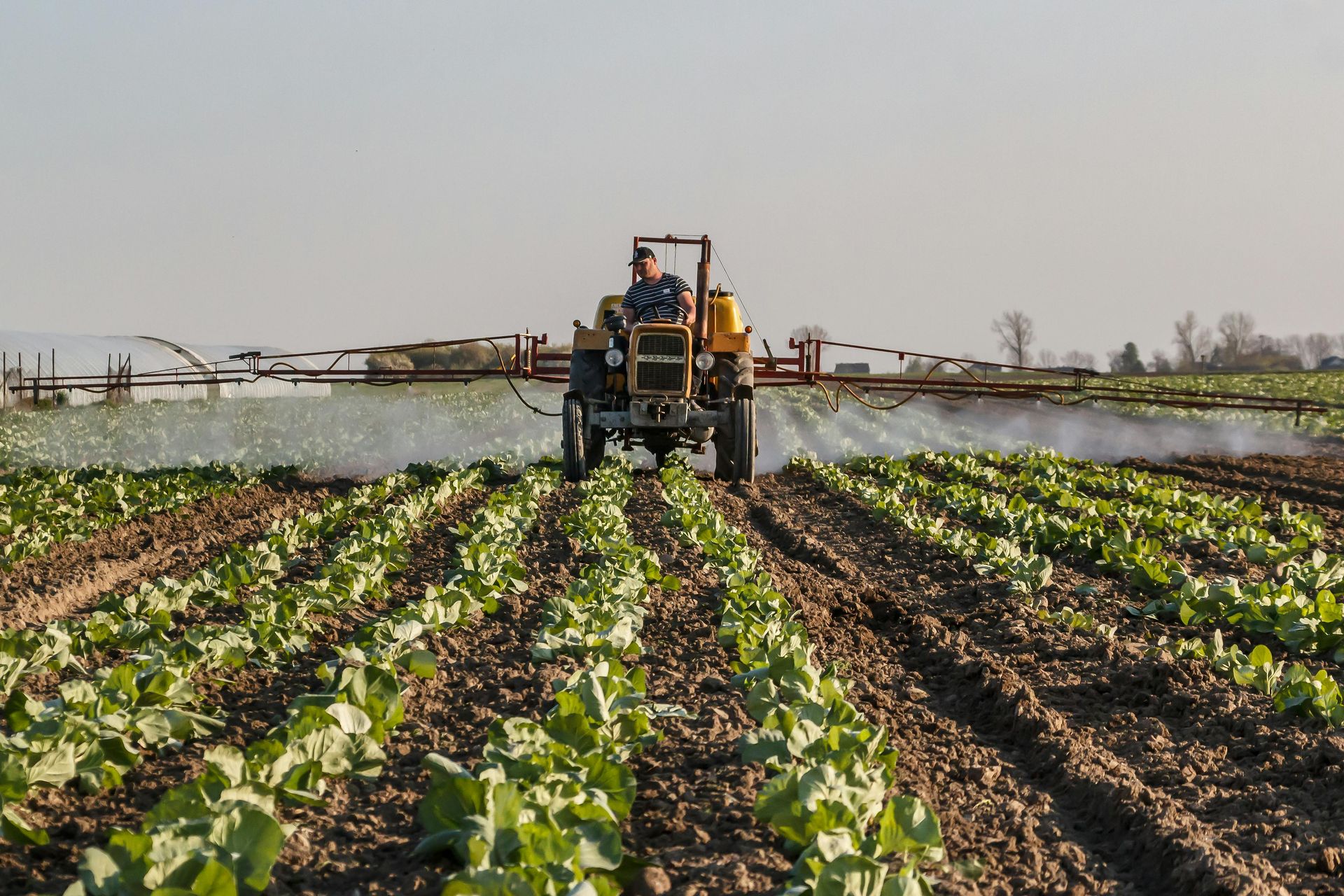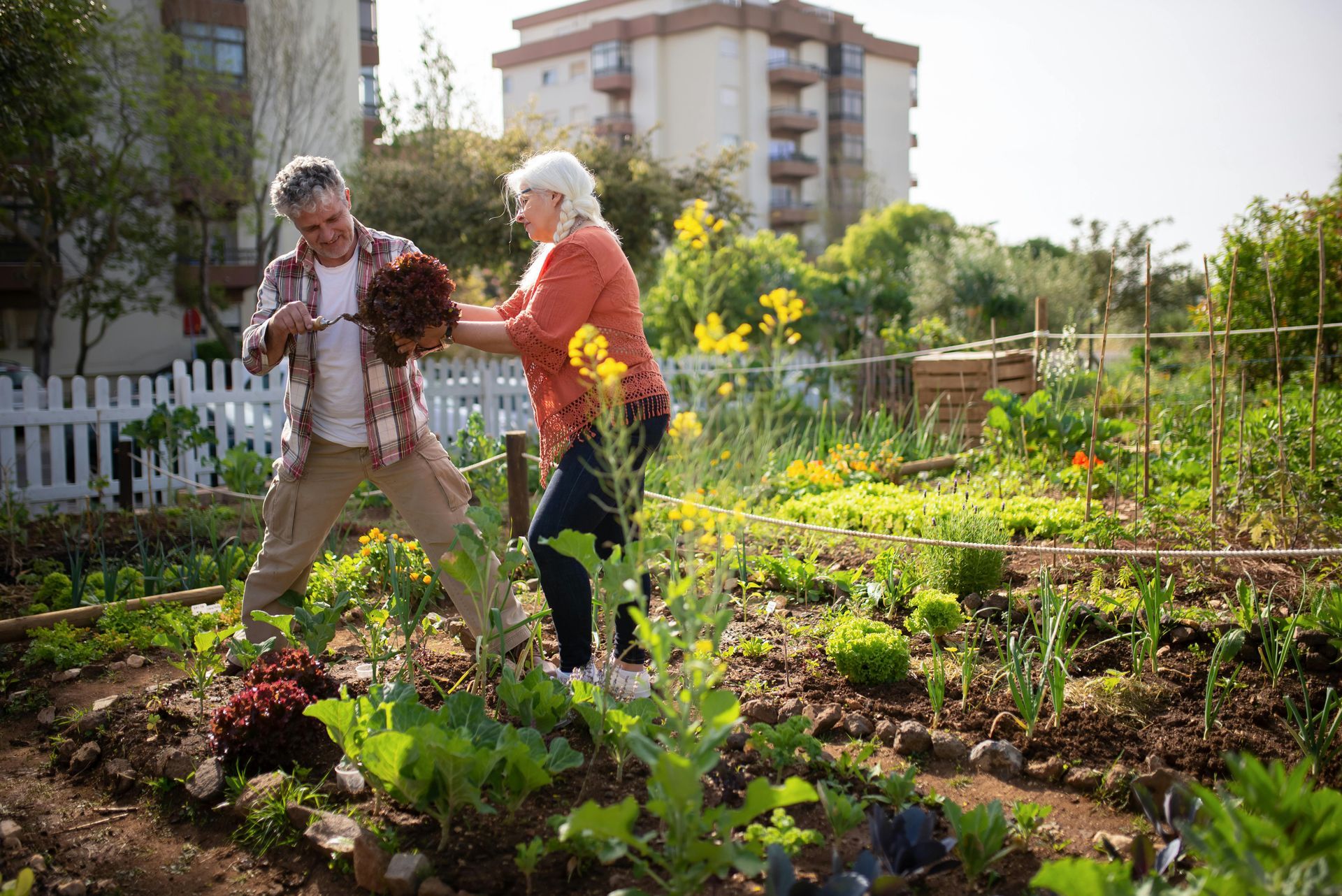Composting for Beginners
A Simple Guide to Turning Scraps Into Soil Gold

Composting is one of the easiest ways to reduce household waste while creating a nutrient-rich amendment for your garden. If you’ve been tossing banana peels and coffee grounds into the trash, it’s time to rethink those "waste" items—they’re garden gold in the making! This beginner-friendly guide will walk you through the basics of composting at home, including tips on getting started, what to include (and avoid), and how testing your compost can take your results to the next level.
Why Compost?
Composting is a natural process that turns organic materials like kitchen scraps and yard waste into a nutrient-dense material called humus. The benefits are endless:
- Reduce landfill waste: Up to 30% of household waste can be composted.
- Save money: Compost improves soil health, reducing the need for chemical fertilizers.
- Boost plant growth: It provides essential nutrients that help plants thrive.
Getting Started with Composting
Starting a compost pile or bin at home is easier than you might think. Here’s what you’ll need to get started:
- Pick Your Spot
Choose a location for your compost bin or pile. A shaded, well-drained area is ideal. If you’re tight on space, a compact compost tumbler works well for patios or small yards. - Select Your Bin
While you can create a compost pile directly on the ground, many beginners prefer a bin to keep things tidy and contained. Look for bins with good ventilation to help the composting process. - Understand the Basics
Composting relies on a balance of "greens" (nitrogen-rich materials) and "browns" (carbon-rich materials).
- Greens: Fruit and vegetable scraps, coffee grounds, grass clippings.
- Browns: Dry leaves, shredded paper, cardboard, straw.
A good rule of thumb is a 2:1 ratio of browns to greens. This balance ensures proper decomposition without unpleasant odors.
- Layer and Aerate
Layer greens and browns as you add materials to your bin. Turn the pile every week or two to add oxygen, which speeds up decomposition. - Water It Down
Your compost pile should feel like a damp sponge—not too wet or too dry. Sprinkle water as needed to maintain moisture.
What to Include—and What to Avoid
Not everything belongs in your compost pile. Here’s a quick cheat sheet:
✅ Compost These:
- Fruit and veggie scraps
- Coffee grounds and tea bags
- Eggshells
- Grass clippings
- Dry leaves
- Shredded paper (uncoated)
❌ Avoid These:
- Meat, dairy, and oily foods (they attract pests)
- Pet waste
- Diseased plants
- Plastic, glass, or synthetic materials
How to Know When Your Compost is Ready
Compost is ready when it’s dark, crumbly, and earthy-smelling. Depending on your method, this can take anywhere from a few months to a year. Patience is key!
The Role of Compost Testing
To ensure your compost is as nutrient-rich as possible, consider testing it before use. Compost testing can reveal critical details like nutrient levels, pH, and potential contaminants. At TPS Lab, we offer professional compost testing services to help you fine-tune your blend and meet the specific needs of your garden. Whether you’re growing vegetables, flowers, or lawns, our reports will guide you on the best ways to use your finished compost.
Testing ensures your compost is balanced and ready to nourish your plants without overloading your soil with unnecessary elements. Learn more about our testing services here.
Common Challenges and How to Overcome Them
- Problem: Your compost pile smells bad.
Solution: Add more browns (like dry leaves) and turn the pile to improve aeration.
- Problem: The pile isn’t breaking down.
Solution: Check your moisture levels and greens-to-browns ratio. Too dry? Add water. Too much green? Add browns.
- Problem: Pests are invading the pile.
Solution: Avoid adding meat, dairy, or oily foods. Cover kitchen scraps with a layer of browns.
Start Composting Today!
Composting at home is an easy, eco-friendly way to recycle waste and boost your garden’s productivity. With the right balance of materials, regular aeration, and a little patience, you’ll have nutrient-packed compost ready to feed your plants in no time.
And don’t forget—if you want to take your composting to the next level, TPS Lab is here to help with our expert testing services. Compost smarter, not harder!
Let’s turn your scraps into success. Ready to start your composting journey?



